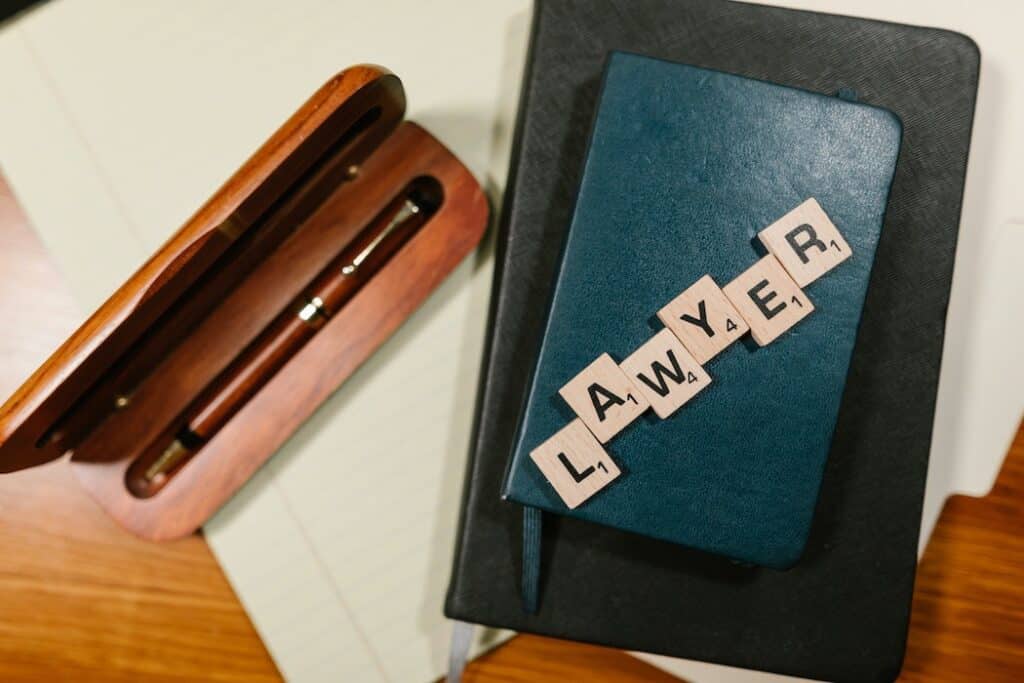A list and classification of federal offenses
A criminal charge can either be at the state, federal, or both levels. You could be charged with the same offense at the federal and state levels. Although most of the charges you might face are state-level charges, it is important to understand the differences between them and the classifications for federal crimes.
Principal federal offenses
The U.S. lists some of the most serious offenses as follows: The federal crimes that are sentencing by the Sentencing Commission include:
- Drug crimes This federal category covers drug trafficking and distribution, especially across state lines. It includes drug manufacture, drug export, drug distribution near schools, and drug distribution to someone under 21 years of age.
- Violent crime: This federal classification includes first-degree murder and second-degree killing, conspiracy to kill, and committing an felony crime with the death result. This includes involuntary and voluntary manslaughter, minor sexual abuse, and other assault and robbery offenses.
- Property crime: This federal category includes arson and auto theft, as well as burglary and larceny.
- White collar crime: This includes insider trading and fraud, deceit violations of odometer law, embezzlement forgery, extortion money laundering and tax offenses.
- Firearm crime: This federal category includes illegal possession, transportation, and use of firearms or ammo during crimes, using firearms, ammunition, or fire to commit felonies, and possessing guns or explosives at a federal school or facility.
- Pornography: Possession of child pornography is a federal offense.
- Gaming/lottery: This category includes transmitting wagering information, engaging a gambling business, and interstate transport of wagering paraphernalia.
- Kidnapping – This federal crime category also includes ransom taking or the taking hostages.

Federal crime FAQs
Are federal and state sentences and penalties different?
Yes. The penalties for both federal and state crimes may be very different.
Federal Sentencing Guidelines are used by federal judges to determine the punishment or penalty for serious offenses. These guidelines are not meant to be used as a guideline and do not necessarily indicate that every judge will give the same sentence for each offense.
New York state law will govern a state court. Penalties can include fines and imprisonment time. The judge will determine whether the offense is worth the maximum penalty, minimum, or some other penalty. These penalties could be different to those set forth in Federal Sentencing Guidelines.
What is the difference between a federal felony and a federal misdemeanor in federal law?
While some federal offenses are misdemeanors can be treated as such, felonies may be committed for more serious offenses.
Federal felonies can be divided into five types: A, B. C. D. and E. A Class A federal crime is the most serious. It carries a maximum sentence of life imprisonment and a maximum fine up to $250,000. A federal crime of the class of Class E is one to five years in prison, with a maximum fine of $5,000 and a minimum term of less than one year.
On the other hand, federal misdemeanors can be divided into three types: A, C, and B — with A being considered the most serious. A federal misdemeanor of Class A can result in a sentence of up to one year imprisonment, or a maximum of $100,000 fine, for any period of time that is more than six months. If it is more than five days in length, a Class C federal offense involves a sentence of at least 30 days imprisonment and a maximum of $5,000.
What is an Infraction?
Infractions are a lower offense, also known as “petty offenses” and can result in a fine or a suspension of your sentence. An infraction such as a violation or administrative regulation is not considered a crime that can be punished by jail time.
What if I am charged with the same crime under both federal and state laws?
Yes. Yes. This means that you can be tried in both state and federal courts for the same crime, even if it violates federal laws.
Even if you are facing a federal or state charge, an offense can only be tried once in federal court and once at the state level.
Can I go to prison for a white-collar crime?
Yes. If convicted of a federal crime, you could face prison time for a white collar crime. This is a crime that involves money and is often non-violent.
However, not all of the time.
Do I have to hire a defense attorney?
Absolutely. It is important to understand the basic categories of federal crimes and the possible punishments. However, it is also essential to hire the best criminal defense attorney. A skilled, experienced, knowledgeable lawyer is required to handle your case. This lawyer must have a track record of success and professional honors.
Contact the Benjamin Greenwald law firm today if you are in Orange County, New York. We will provide a confidential, no-obligation legal review on your case.

